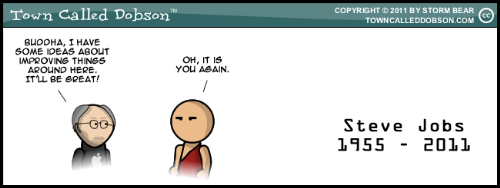Friday FOSS Week in Review
Here we go, Friday FOSS Week in Review, Special Tuesday Edition. I’ve got to find a way to schedule my time better so I can stay on deadline. This coming Friday’s going to be difficult, as I have a dentist appointment and FWIR can’t really be written in advance, so expect it to be published on Saturday – but I’m still hoping for Friday. In the meantime, I’m working on adjusting my schedule so this column will be published in a more timely fashion in the future. Like on Fridays, when its supposed to be.
That’s the bad news. The good news, at least for us news hounds, is that last week there were quite a few items of interest for the FOSS community. At least I found them to be items of interest. I’ll let you decide for yourself.
UEFI Secure Boot Gets Complicated
There were a ton of articles written about UEFI and Secure Boot last week, and the more I read about possible workarounds to allow the average Linux distro to boot on Windows 8 certified machines, the more confused I get. This bothers me, because if I’m confused what does that mean about the person who’s never dealt with anything other than Windows, DOS or one of the Apple OSes, who might be getting ready to make that first leap into the Linux world?
Christine Hall has been a journalist since 1971. In 2001, she began writing a weekly consumer computer column and started covering Linux and FOSS in 2002 after making the switch to GNU/Linux. Follow her on Twitter: @BrideOfLinux


